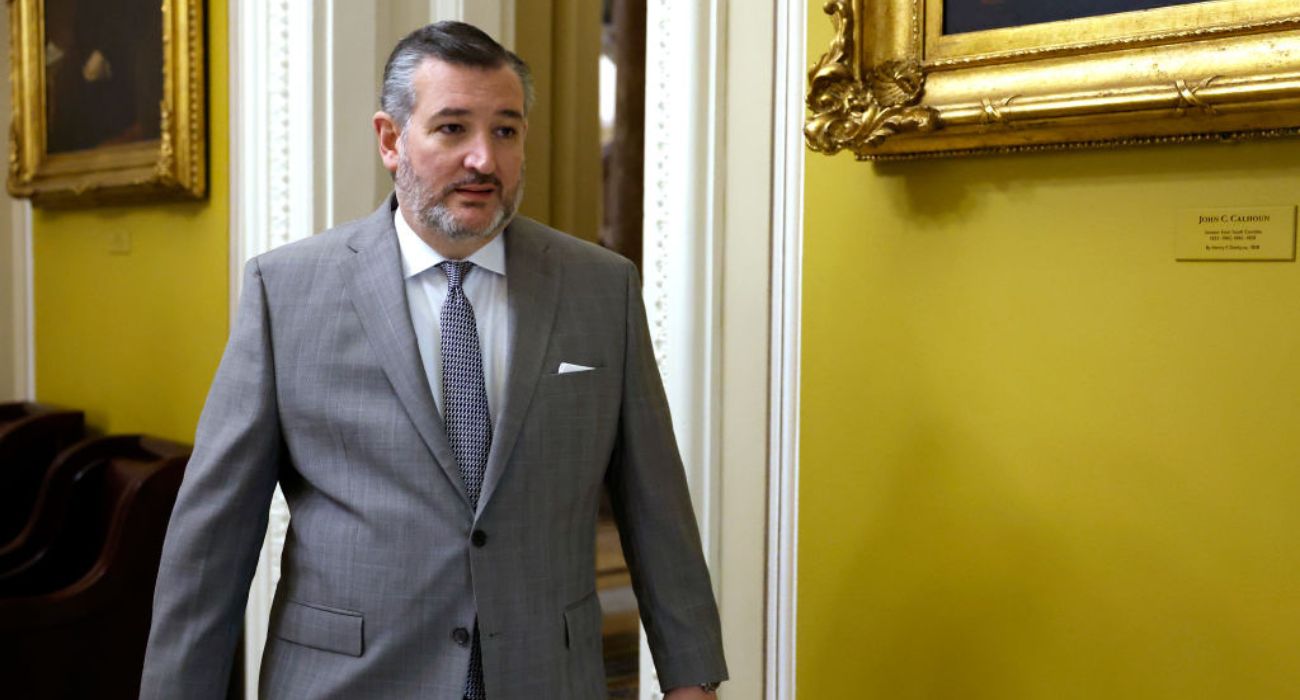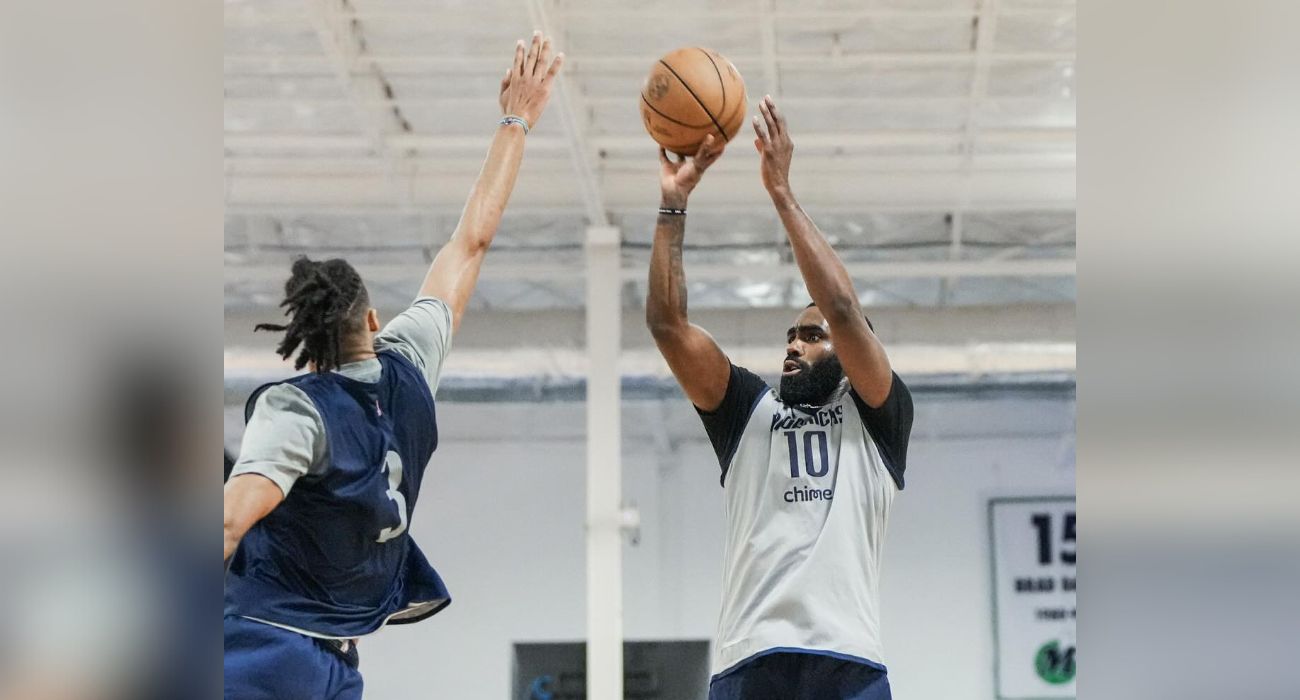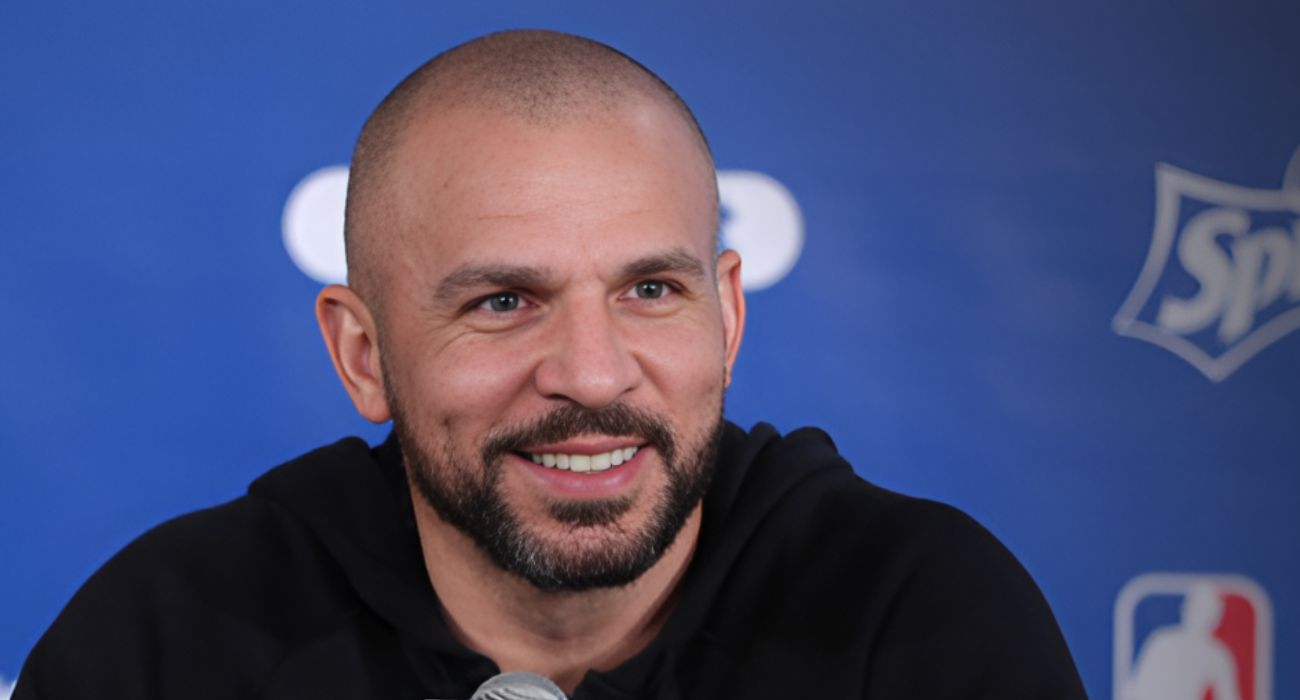Sen. Ted Cruz once again weighed into the world of sports this week as Congress debated passing legislation related to antitrust protection and regulation in college athletics — specifically surrounding the practice of name, image, and likeness (NIL).
Cruz (R-TX), known for jinxing teams he supports, led a round table discussion with notable college athletes, coaches, other senators, and other officials involved with NIL on Capitol Hill on Tuesday and stated that a consensus on potential policies pertaining to the issues, allowing the NCAA to operate under more uniform regulations and policies, was close.
There seems to be plenty of support for further regulation and policies to guide and improve college athletics from all parties involved, but many complications, like ongoing lawsuits and debates over the best systems to implement given the different levels of competition and the amount of revenue generated by athletic departments and their supporters, have delayed the process.
“… We also need a system where we have real competition and fair competition and not just one or two monster schools and everyone else as a ‘hanger-on,'” Cruz explained. “… We also need to make sure that the rules that are in place don’t just focus on Power Five conferences [and] don’t just focus on football and basketball, which generate most of the revenue, but we need to keep in mind and keep our focus on smaller schools — Division II schools, Division III schools — and we need to focus on the many other sports that aren’t playing on ESPN.”
NIL, which has been an issue since it was introduced in 2021, is just one of the factors. The concept was designed for student-athletes to be compensated for the use of their name, image, and likeness and for furthering their education based on their interests. However, it has become a recruiting tool on which high school recruits and transfers have based their decisions, and it has even reached “pay-for-play” territory in many cases.
“It’s whoever wants to pay the most money, raise the most money, [and] buy the most players that’s going to have the best opportunity to win,” college football coaching legend Nick Saban said. “I don’t think that’s the spirit of college athletics. I don’t think it’s ever been the spirit of what we want college athletics to be. That’s my major concern: the combination of ‘pay-for-play,’ free agency, and how that impacts development.”
Because of the “pay-for-play” nature of NIL, the varying funding capabilities of each university, and the vague guidelines and regulations that vary from state to state, many schools have pleaded for federal intervention to even the playing field, but the government has been reluctant to step in.
However, the panel was adamant that some intervention is needed, with Saban explaining the current landscape’s influence on his decision to retire after last season.
“All the things that I believed in for all these years — 50 years of coaching — no longer exist in college athletics,” Saban explained. “It was always about developing players. It was always about helping people become successful in life.”
Saban also mentioned conversations with his wife about the current state of recruiting and having to pay for players and others with NFL coaches who expressed concern about those athletes and their development at the professional level.
“That to me was a red alert that we really are creating a circumstance here that is not beneficial to the development of young people, which is why I always did what I did,” Saban recalled. “… That’s the reason I always liked college athletics more than the NFL — because you had the opportunity to develop young people.”
“I want their quality of life to be good,” he continued. “I think NIL is a great opportunity for them to create a brand for themselves. I’m not against it at all, but to come up with some kind of system that can help the development of young people, I think is paramount to the future of college athletics.”
The transfer portal is also an issue college athletics leaders are facing. As coaches change jobs or better NIL opportunities come along, student-athletes have continued to change schools at will, almost as if college sports had their own “free agency.” While no one will feel bad for Alabama after all its championships, the football program was undoubtedly impacted as several players hit the portal upon news of Saban’s retirement.
There is also the case of “student-athletes as employees.” This argument has been happening for decades and has seen progress after student-athletes at Northwestern attempted to unionize, and more recently, student-athletes at Dartmouth voted to form the first union for student-athletes.
The leaders in college athletics were quick to dispel the notion, citing tax purposes, revenue splits, and other logistical issues that would alter the landscape to a monumental degree.
However close they are to implementing uniform legislation in college sports, a decision needs to be made quickly before the problems get out of hand, and we’re looking at an even more chaotic situation that further threatens the game’s competitiveness on the field.






